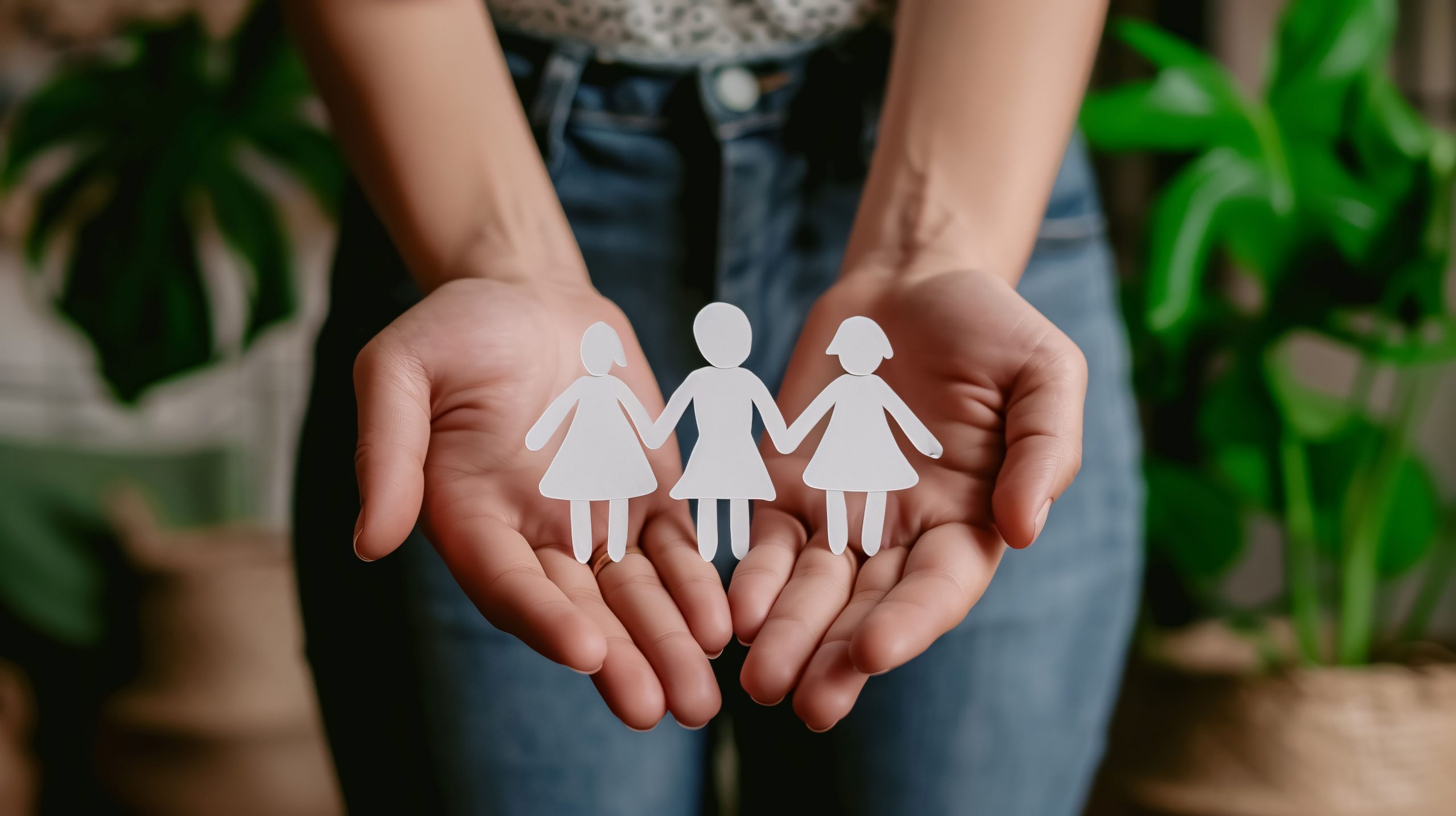Adverse childhood experiences in firstborns associated with poor mental health of siblings
Adverse childhood experiences (ACEs) often affect multiple children within families, yet studies tend to focus on the health outcomes of individual children, underestimating the needs of affected families. First author Dr Shabeer Syed (UCL Great Ormond Street Institute of Child Health), VISION Director and Professor Gene Feder, and colleagues aimed to examine the association between firstborns exposed to ACEs between 1 year before and 2 years after birth (the first 1000 days) and the risks of mental health problems, mental health-related health-care contacts, and all-cause hospital admissions in multiple children from the same mother, compared to firstborns without ACEs.
The first-of-its-kind study, published in The Lancet Public Health and funded by the National Institute for Health and Care Research Policy Research Programme, found that mothers whose firstborns had experienced adverse childhood experiences had a 71% increased risk of having children (aged five -18) with mental health problems, compared to mothers whose firstborn did not experience adversity.
This translates to 12 additional children with mental health problems for every 100 mothers whose firstborn experienced adversity.
These findings underscore the pervasive risk that early adversity can have on multiple children in the family, and the importance of early identification and sustained support for vulnerable families beyond the first 1,000 days of a child’s life.
As part of the study, researchers analysed linked GP and hospital health records from 333,048 first-time mothers and their 534,904 children (firstborns and siblings) born in England between 2002 and 2018. They focused on six different forms of adverse childhood experiences in the firstborn child recorded during their first 1,000 days of life (from conception up until the age of two).
These included: child maltreatment, intimate partner violence, maternal substance misuse, maternal mental health problems, adverse family environments (e.g. homelessness), and high-risk presentations of child maltreatment (e.g. unexplained child injuries).
Over a third (37.1%) of firstborn children had at least one recorded adverse childhood experience. The most common adverse childhood experiences were living with maternal mental health problems (21.6%), followed by adverse family environments (14.5%) such as parental criminality and housing instability.
Approximately one in five (19.8%) mothers had at least one child with a recorded mental health problem between the ages of 5 and 18.
The risk of mental health problems was consistent across all siblings, regardless of birth order (firstborn vs thirdborn), in families where the firstborn experienced adverse childhood experiences.
Lead author Dr Syed said: “Whilst previous research has focused on the impact of adverse childhood experiences on individual children, our study reveals a cascading health risk that extends beyond the individual, impacting on the health of siblings as well.
“This likely stems from the continuation of adverse childhood experiences within the family. When a child or parent presents with mental health concerns, violence or other forms of adversity, it’s essential to ask about the wider family context.”
As a result of their findings, the team are also calling for further research into the impact of early health visiting and primary care support.
Co-author, Professor Feder, said: “General practice teams have a key role in identifying first-born children experiencing adverse childhood experiences and in supporting first-time parents to help reduce the impact of adverse childhood experiences on the whole family, including subsequent children.
“We need further evidence for effective interventions to reduce that impact, particularly on mental health.”
Study limitations
The researchers could not investigate adverse childhood experiences related to fathers’ mental health or substance use as healthcare data from fathers could not be linked to their children.
The study found that adverse childhood experiences in firstborns were associated with mental health outcomes in the first and subsequent children, but this does not necessarily mean that adverse childhood experiences cause mental health problems.
Additionally, electronic health-care records underestimate intimate partner violence and child maltreatment due to non-disclosure and/or detection and under-recording by clinicians.
To download the paper: Adverse childhood experiences in firstborns and mental health risk and health-care use in siblings: a population-based birth cohort study of half a million children in England – The Lancet Public Health
Or for further information, please contact Shabeer at s.syed.16@ucl.ac.uk
Illustration from Adobe Photo Stock subscription




